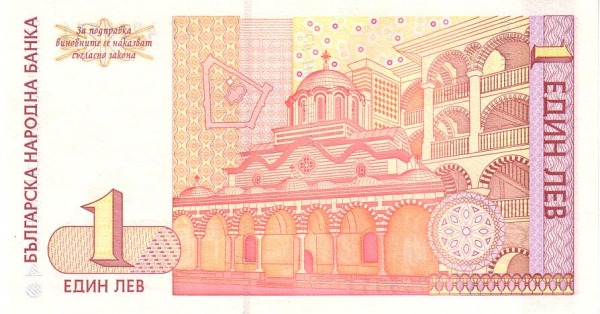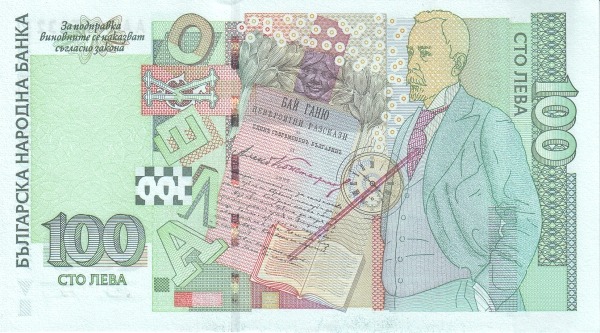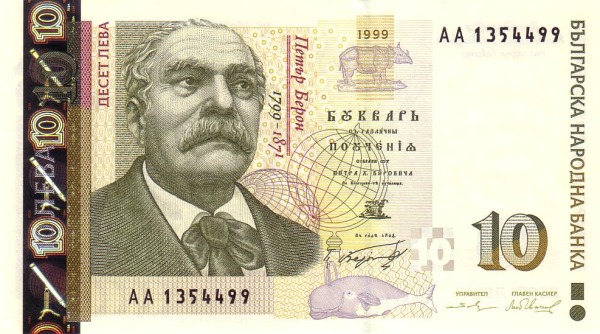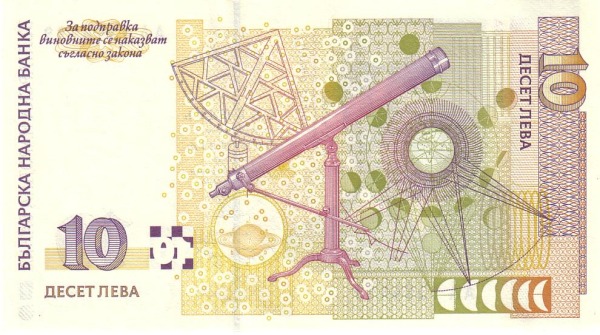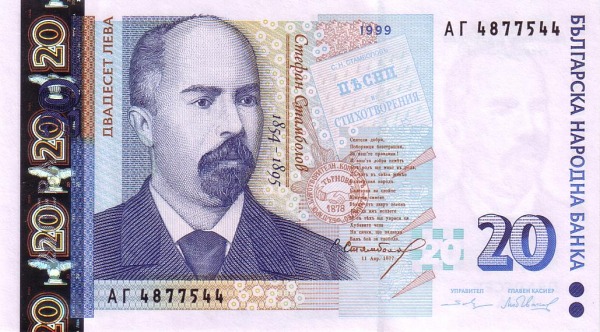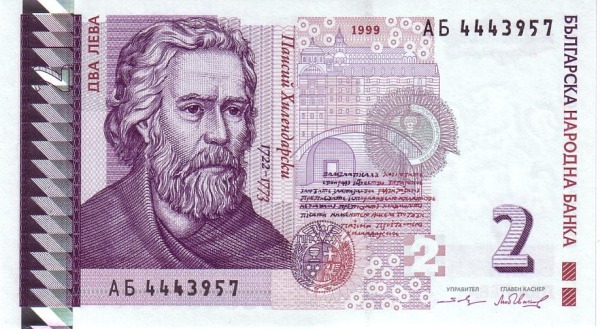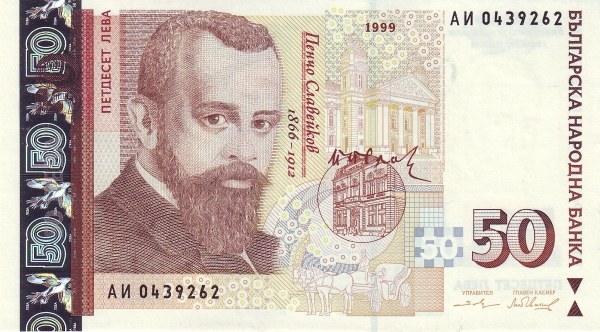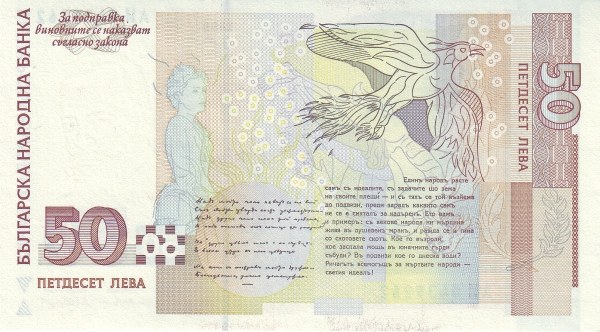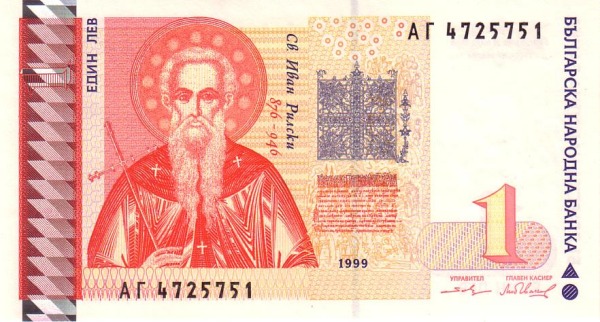Bulgaria: A Gateway to the Balkans
Bulgaria (Bulgarian: България), officially known as the Republic of Bulgaria, stands as a remarkable unitary state nestled on the breathtaking Balkan Peninsula in southeastern Europe. With the alluring Black Sea gracing its eastern borders, this country shares its frontiers with Greece, the Republic of Macedonia, Romania, Serbia, and Turkey. As you explore the geography of Bulgaria, you'll discover that it encompasses an impressive area of 110,879 km². For perspective, this makes Bulgaria somewhat larger than Iceland, which spans 103,000 km², and also slightly larger than the U.S. state of Tennessee. Delving deeper, you will find a nation that offers a unique blend of history, culture, and natural beauty.
A Rich Historical Tapestry
The history of Bulgaria is nothing short of captivating. After earning its independence from the Ottoman Empire in 1878, the nation faced significant challenges. Although Bulgaria fought bravely in both World Wars, it ultimately found itself on the losing side. Consequently, the country fell under Soviet influence and became a People's Republic in 1946. However, in 1990, a pivotal shift occurred when Bulgaria restored democracy through its first multi-party election since World War II. This moment marked the beginning of a complex journey towards political democracy and a stable market economy. During this transitional period, Bulgaria tackled issues of inflation, unemployment, corruption, and crime with resilience.
Joining Global Communities
During the early 21st century, Bulgaria took significant steps to secure its place on the international stage. In 2004, it became a member of NATO, joining a coalition of countries dedicated to mutual defense and security. Further solidifying its integration into Europe, Bulgaria joined the European Union on January 1, 2007, embarking on new opportunities for growth and collaboration.
Government and Politics in Bulgaria
Now, let's delve into the governing structure of Bulgaria. The country operates as a Parliamentary Republic, embodying democratic values and principles. Its declaration of independence from the Ottoman Empire took place in 1908, laying a foundation for future governance and civil liberties.
Geographical Features
Bulgaria's geographical location in Southeast Europe is both strategic and advantageous. The nation boasts a varied landscape characterized by large mountainous regions, fertile valleys, expansive plains, and a breathtaking coastline along the Black Sea. These diverse terrains contribute to the natural splendor of Bulgaria, making it a haven for outdoor enthusiasts and nature lovers alike. Notably, the climate in Bulgaria varies, featuring a temperate continental climate that yields mild summers and cold, snowy winters.
The People of Bulgaria
The population of Bulgaria stands at approximately 7.15 million, as per the 2015 census. The Bulgarian ethnicity makes up around 84% of the population, while Turkish and Roma communities represent about 10% and 5%, respectively. This blend of ethnicities fosters a rich cultural narrative, evidenced by the diverse traditions, festivals, and cuisines that flourish within the country. Interestingly, the predominant religion in Bulgaria is Bulgarian Orthodox, encompassing about 83% of the population, with Muslims making up around 12%.
Language and Literacy
The official language is Bulgarian, which features a unique Cyrillic script. Education holds significant importance in Bulgarian society, boasting a remarkable literacy rate of 98.6%. This high level of literacy allows for active participation in various aspects of life, including arts, sciences, and politics.
Natural Riches and Resources in Bulgaria
Bulgaria is rich in natural resources, making it a vital player in various industries. Notable resources include bauxite, copper, lead, zinc, coal, and timber. Moreover, its arable land fosters a thriving agricultural sector, yielding products such as vegetables, fruits, tobacco, and livestock. The country also enjoys a reputation for producing exquisite wines, with vineyards scattered throughout its picturesque landscapes.
Industry and Exports
Bulgaria's industries are diverse and dynamic. The country produces electricity, gas, and water while also excelling in the food, beverages, and tobacco sectors. Additionally, Bulgaria invests in machinery and equipment, base metals, chemical products, and refined petroleum. Exports play a crucial role in the Bulgarian economy, with commodities such as clothing, footwear, iron and steel, and machinery being significant contributors. Germany, Italy, and Turkey lead the list of Bulgaria's top export partners, revealing a keen network of international trade.
Engaging with Bulgarian Culture
Beyond its geographical and economic facets, Bulgaria boasts a vibrant culture enriched by centuries of history. Traditional music and dance form an integral part of the national identity, while folklore and arts illuminate the country's creativity and passion. Additionally, hospitality is a cornerstone of Bulgarian culture, where locals warmly welcome visitors, sharing their customs and traditions.
Conclusion: Embracing the Spirit of Bulgaria
As we embrace the unique attributes of Bulgaria, it becomes clear why this destination captivates the hearts of many. From its picturesque landscapes and rich history to its dynamic culture and resilient people, Bulgaria continues to flourish as a beacon of diversity in southeastern Europe. Whether you're drawn to its natural beauty, historical depth, or the warmth of its citizens, Bulgaria undoubtedly offers a captivating journey for all who seek to explore its wonders.
Largest cities of: Bulgaria
| City Name | Population | Year of foundation | |
| Sofia | 1,241,675 | circa 7000 | |
| Plovdiv | 346,893 | 3438 B | |
| Varna | 335,177 | 587 B | |
| Burgas | 202,634 | 6th century B | |
| Ruse | 148,131 | 347 | |
| Stara Zagora | 137,272 | 342 B | |
| Pleven | 103,194 | 347 | |
| Sliven | 75,562 | 1810 |
Bulgaria: Money
